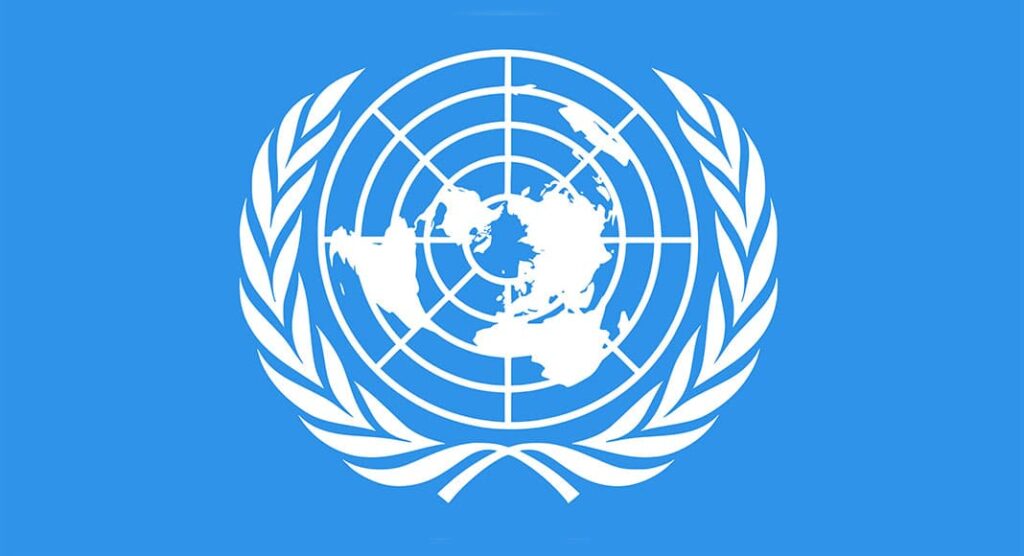Estimates range from 311,000 to 808,000 people dead
A new report criticizes the UN’s failure to discharge humanitarian aid and deliveries during the two-year northern war, notes that humanitarian agencies failed to hold the Ethiopian government to its responsibility to uphold international humanitarian law, and affirms that starvation was used as a weapon of war.
The ‘Inter-Agency Humanitarian Evaluation of the Response to the Crisis in Northern Ethiopia’ was commissioned by the Inter-Agency Humanitarian Evaluation Steering Group based in Geneva, Switzerland. It was financed by the independent evaluation offices of the Food and Agriculture Organization (FAO), the International Organization for Migration (IOM), Office for the Coordination of Humanitarian Affairs (OCHA), the United Nations Children’s Fund (UNICEF), the High Commissioner for Refugees (UNHCR), and the World Food Program (WFP).
The 123-page report assessed the collective humanitarian response to the crisis in the three northern regions of Ethiopia (Afar, Amhara and Tigray) between November 2020 and April 2023 using primary and secondary data. This includes direct observation, close to 200 key informant interviews, and more than 40 focus group discussions.
It found that “a collective response underpinned by joint strategy and planning was missing. Put in simple terms, agencies were doing their own thing.”
– Advertisement –
The assessment reveals the absence of humanitarian principles in response efforts and blames the UN for failing to “reframe its relationship with the federal government in line with humanitarian law at the outset of the conflict.”
“These omissions were caused by strong disagreements about the relationship with the Federal Government among country-based senior UN humanitarian leaders,” reads the report.
It cites that “deep divisions” over the approach to humanitarian response in Tigray among UN chiefs, including the resident coordinator and UN agency country directors, had a significant impact on the humanitarian response efforts throughout the brutal two-year conflict.
The disagreements included “sharp differences” on the issue of conflict-related sexual violence, which eventually led to the removal of two UN country directors who doubted the scale of the sexual violence.
The report confirms that starvation was used as a method of war during the conflict, which it describes as being “marked my mass killings, serious and gross human rights violations, violence against civilians, and conflict-related sexual violence.”
“These crimes, amounting to war crimes and crimes against humanity, have been documented, including by the specially created International Commission of Human Rights Experts on Ethiopia,” it reads.
The report notes there are no reliable figures for the number of people killed in the violence, but notes that estimates from experts and researchers vary from 311,000 to 808,000 people. The experts say approximately 10 percent of deaths were due to massacres, 30 percent due to the total collapse of the healthcare system, and 60 percent due to severe food shortages.
The report notes that a pause on humanitarian and food aid deliveries from the United States Agency for International Development (USAID) and later the WFP amid the conflict also contributed to the scale of the humanitarian crisis.
It also notes discrepancies in the number of UN staff deployed to parts of northern Ethiopia during the conflict as well as a dearth of data covering mortality and food insecurity. The report cites a data set covering six zones in Tigray between July and October 2021, which reveals that “infectious diseases, malnutrition/starvation and non-communicable diseases are the main causes of death, though they are, under normal circumstances, easily preventable with proper medications.”
The Inter-Agency report recommends the development of a coherent UN system-wide country strategy to ensure the real-time monitoring of conflict in Ethiopia and ensure a connection between political-level negotiations on issues related to humanitarian access and the response at the operational level.
